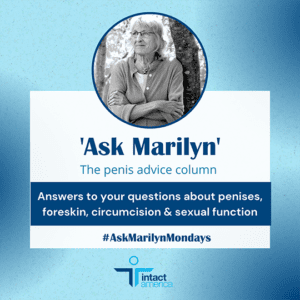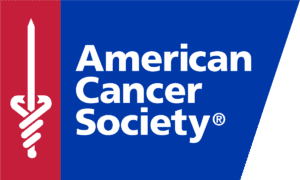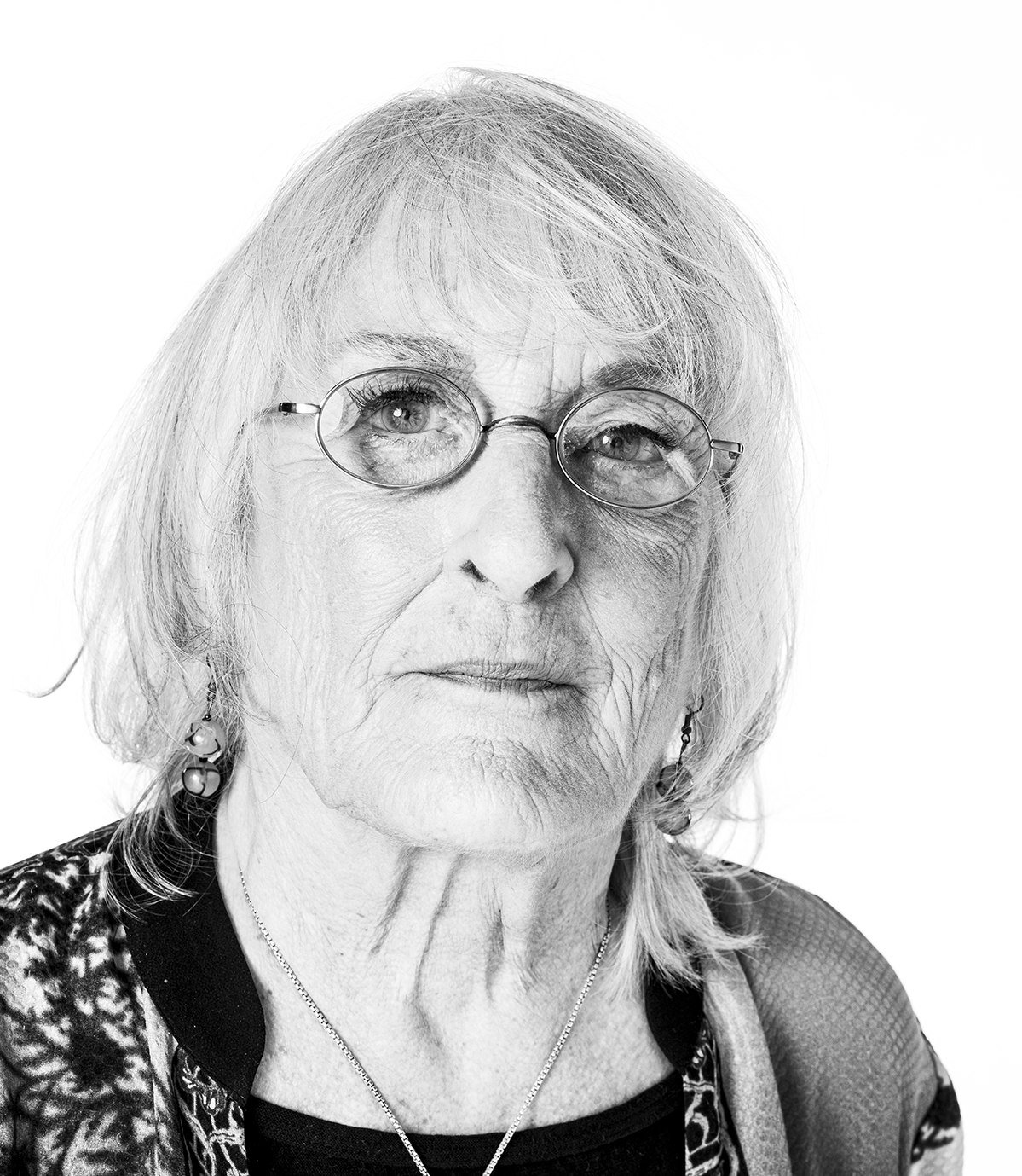 Dear Marilyn:
Dear Marilyn:
My obstetrician tells me circumcision will prevent penile cancer in my son. Is that true?
—Ann, Lansing, MI
Dear Ann:
Your obstetrician is wrong. Penile cancer occurs in circumcised males as well as intact males, but it is among the rarest of cancers. The American Cancer Society estimates that 2,070 new cases of penile cancer will be diagnosed in the United States in 2022 (compared to 287,850 new cases of breast cancer) and that 470 men will die from the disease (compared to 43,250 fatalities among breast cancer patients). Despite the higher incidence of breast cancer, no doctor recommends removing a baby girl’s breasts after birth.
 Neither should doctors recommend amputating healthy tissues from a baby boy’s penis. Especially since the American Cancer Society itself questions the association between circumcision and penile cancer risk. The biggest risk it is most closely associated with genital hygiene and HPV infection. Proper genital hygiene and conscientious condom use offers far more protection for this disease.
Neither should doctors recommend amputating healthy tissues from a baby boy’s penis. Especially since the American Cancer Society itself questions the association between circumcision and penile cancer risk. The biggest risk it is most closely associated with genital hygiene and HPV infection. Proper genital hygiene and conscientious condom use offers far more protection for this disease.
Also, bear in mind that cancer of the penis is a rare disease of elderly men. Your son will be denied the protection and pleasure of his foreskin for many years until his age possibly puts him at risk. However, he will immediately face a risk from circumcision: more than 100 baby boys die each year from circumcisions.
There is no reason to risk circumcision of an infant for fear of cancer in the later years of life. As my mother used to say, “Never trouble trouble ’til trouble troubles you.”
—Marilyn





